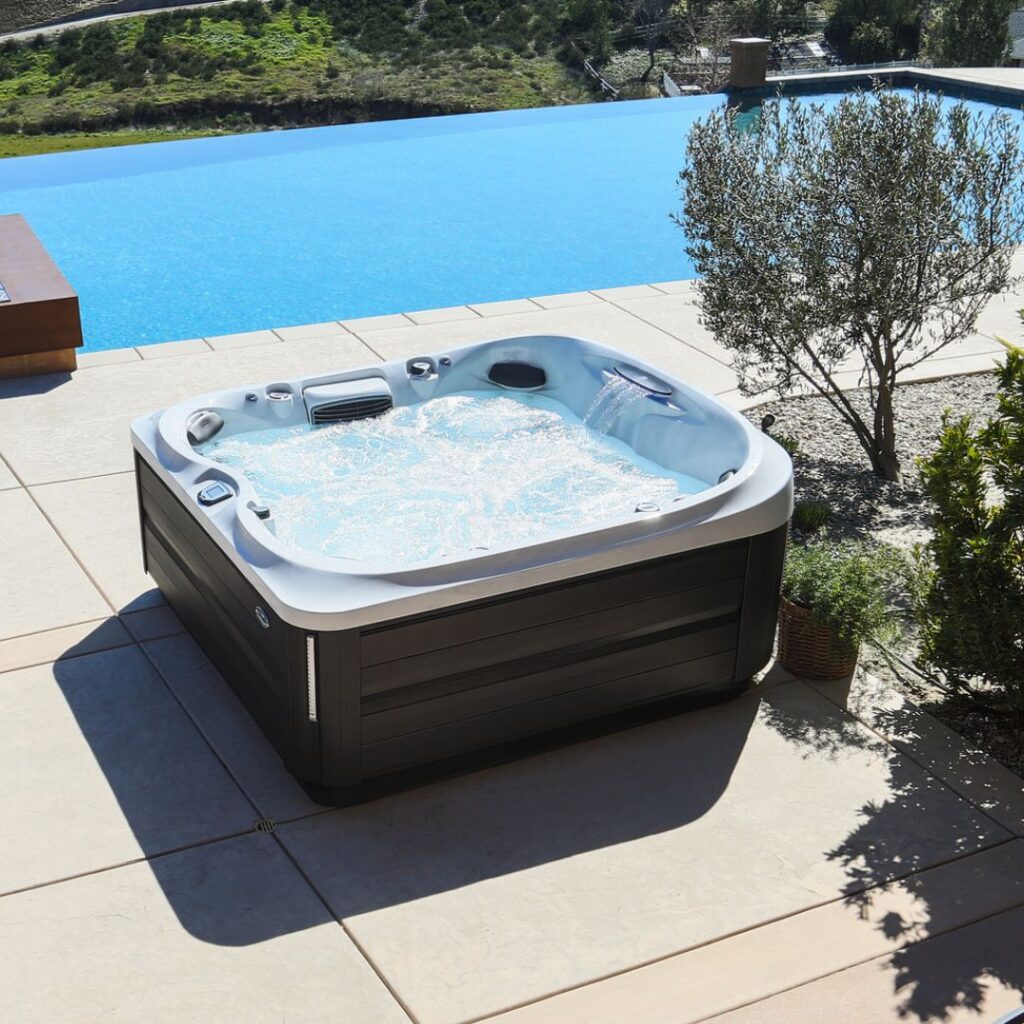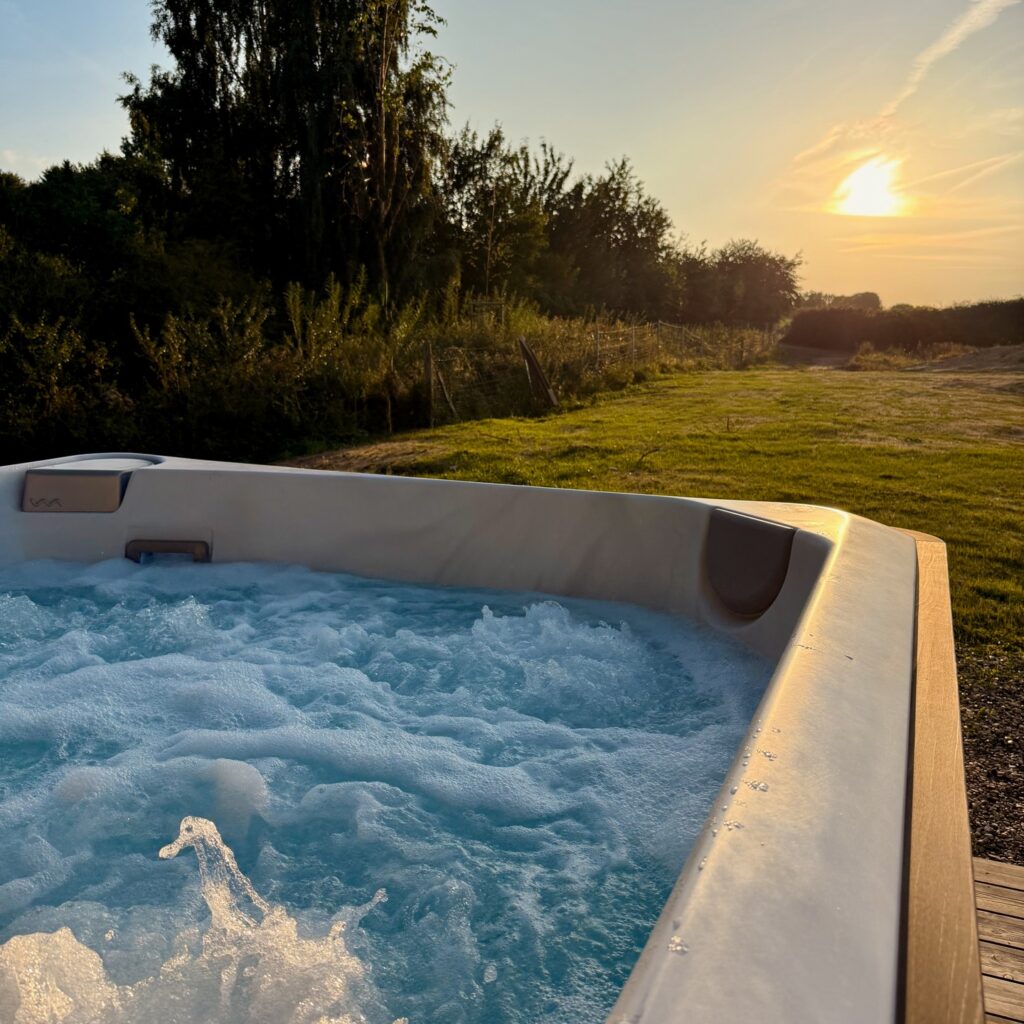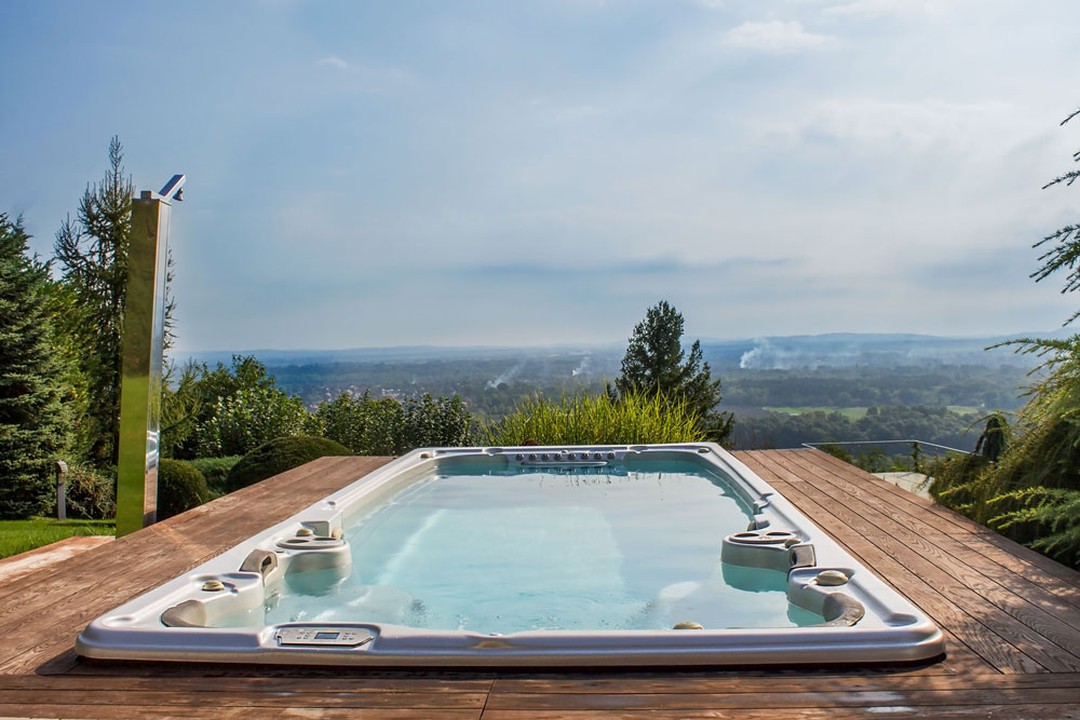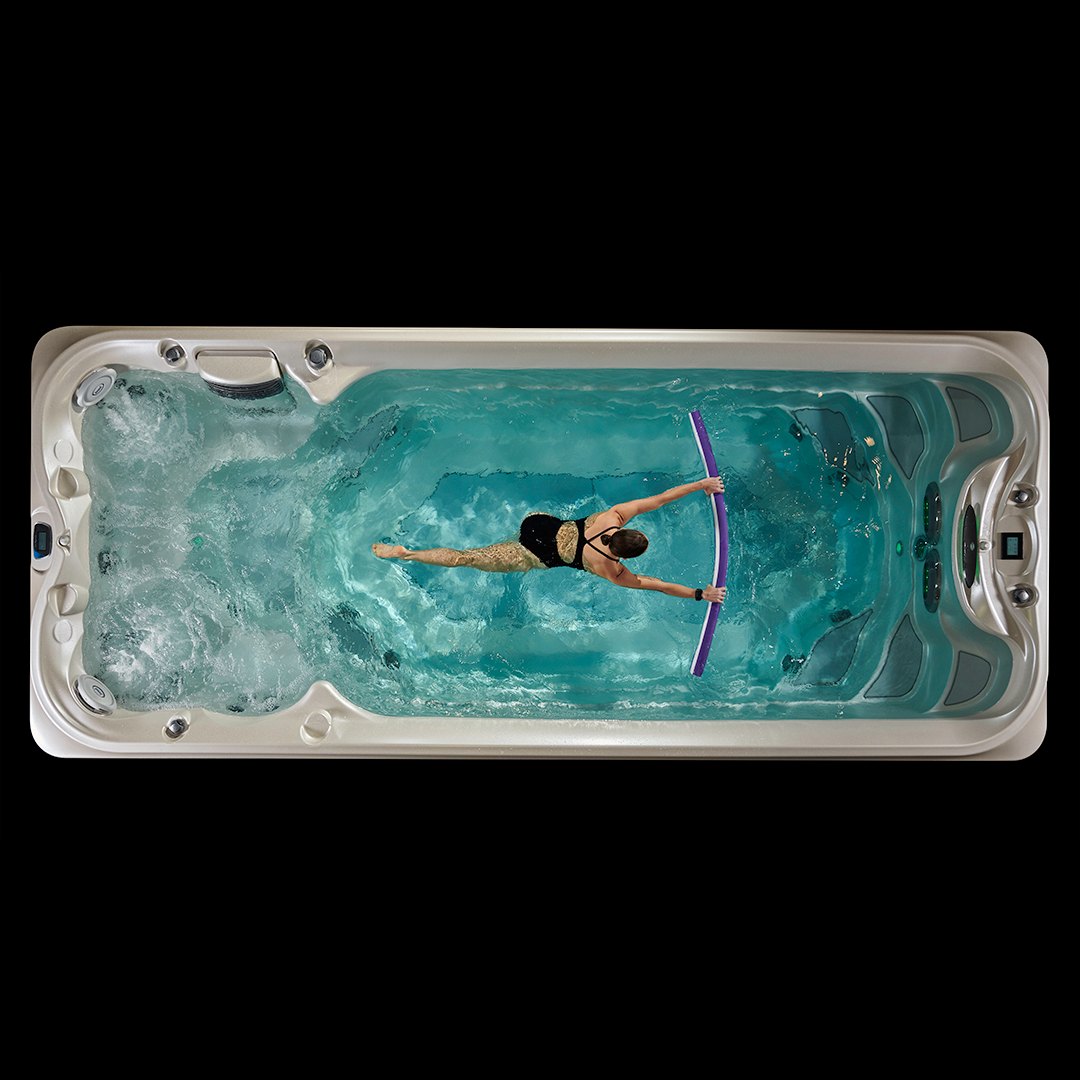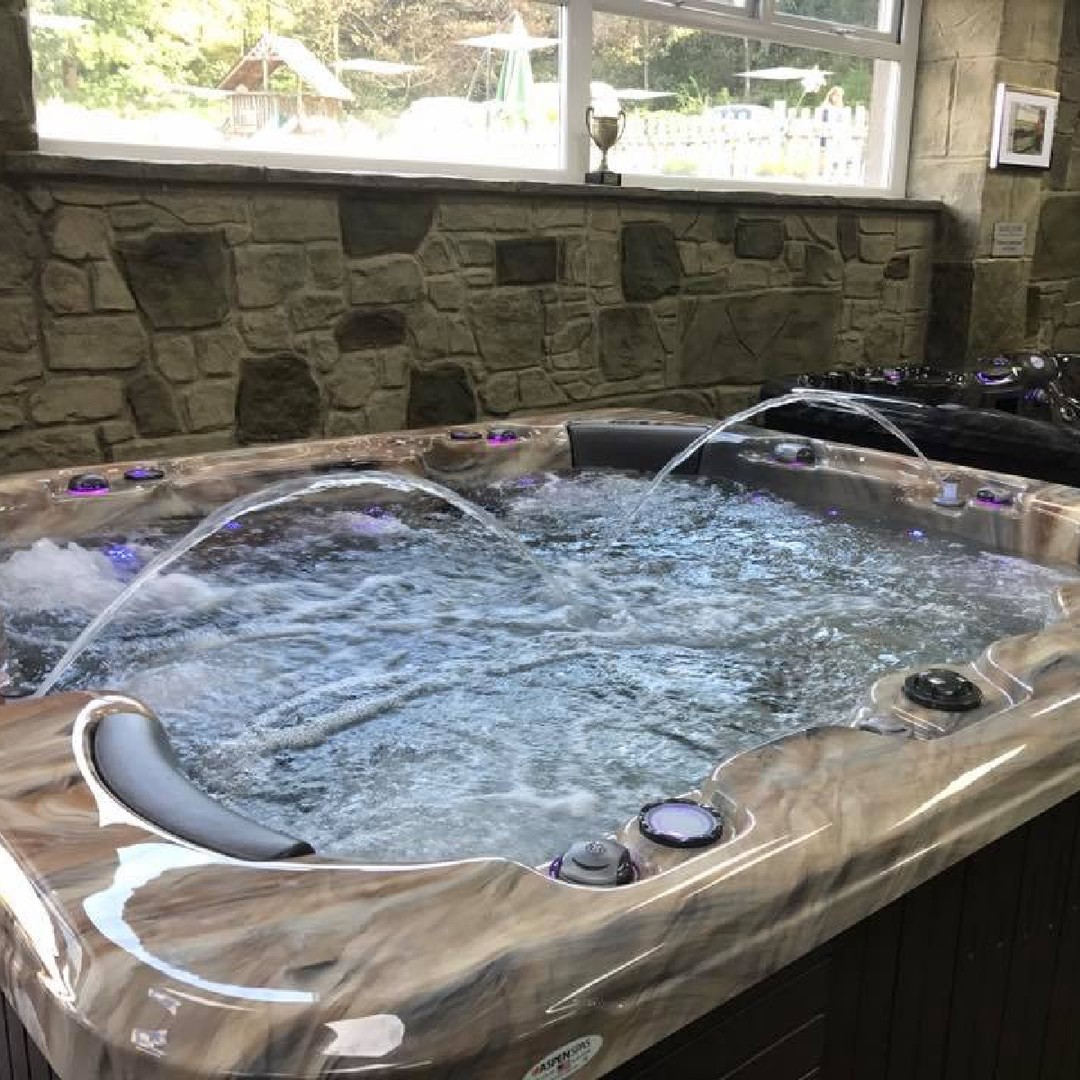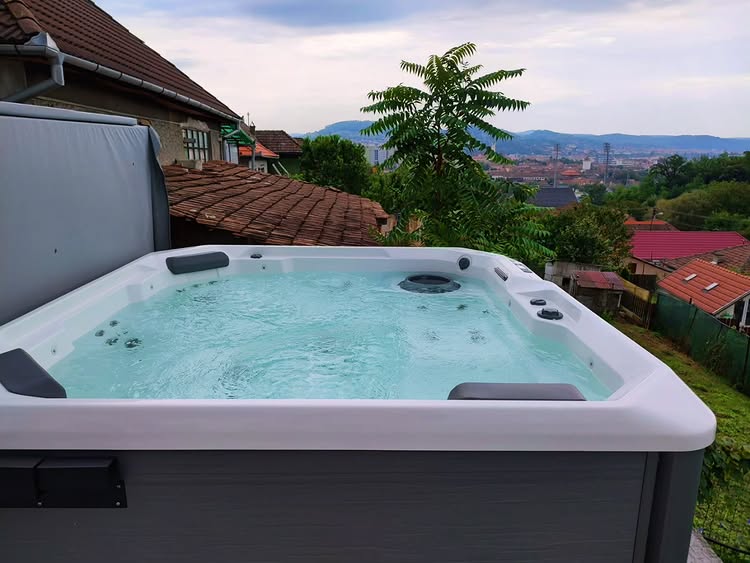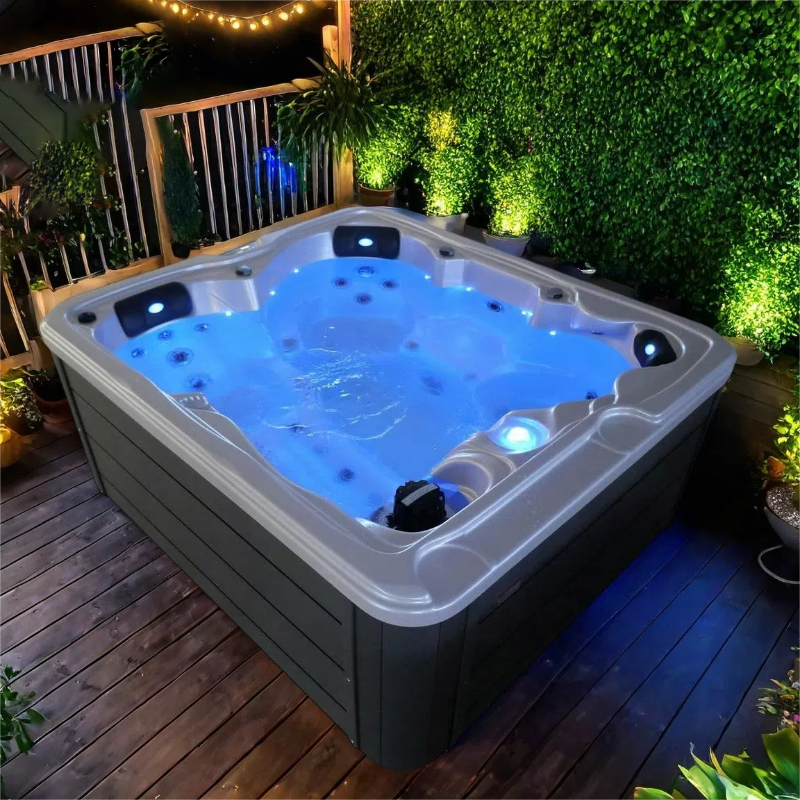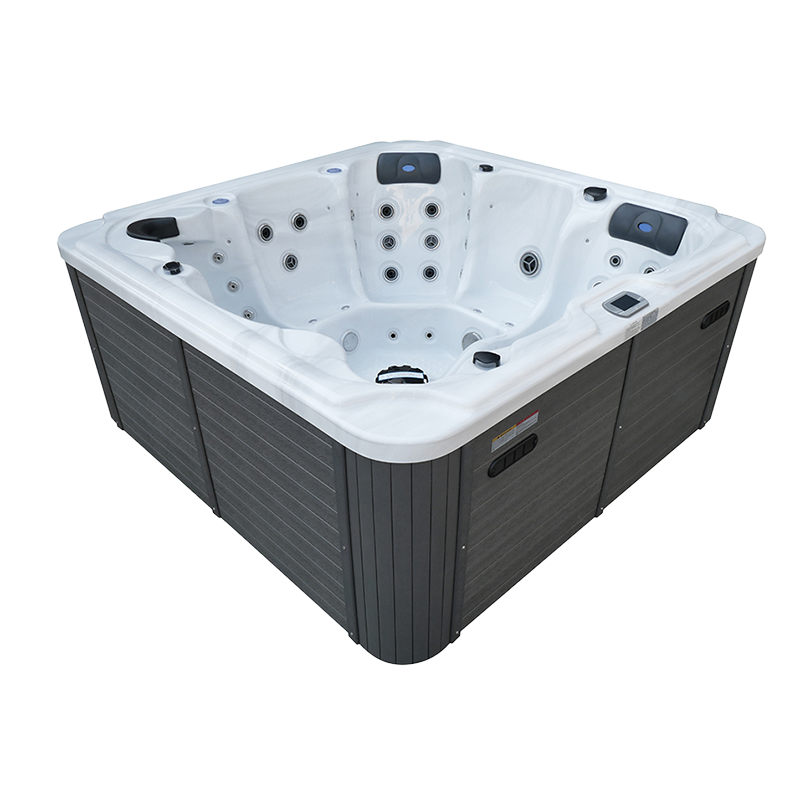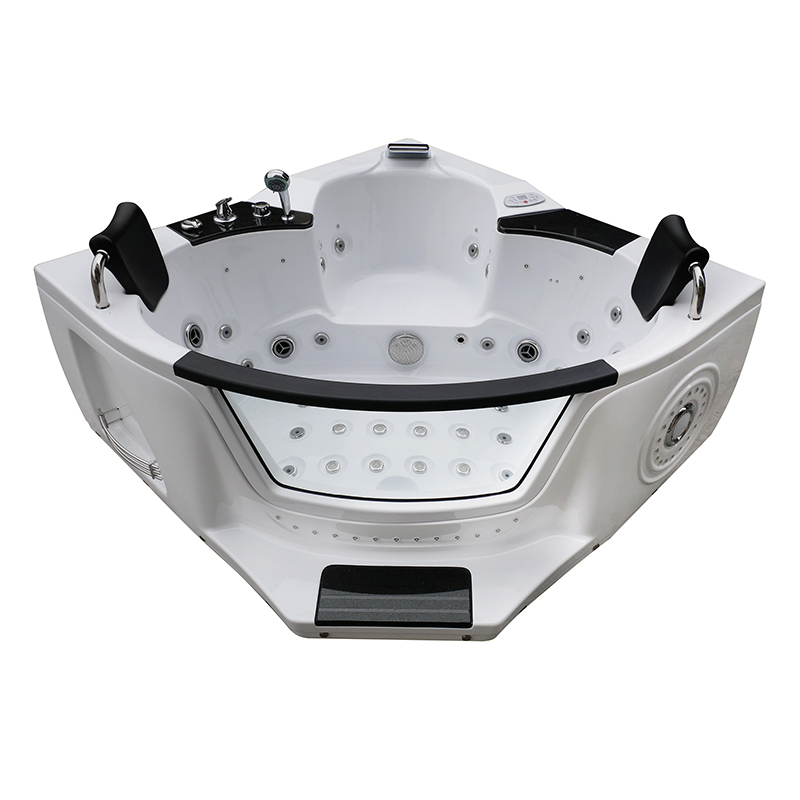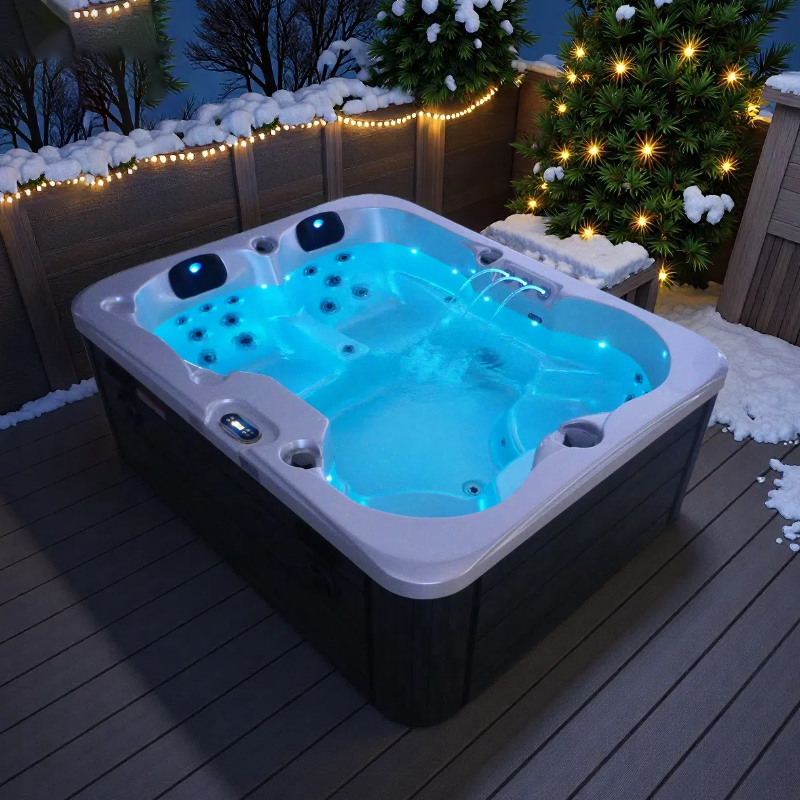Whether you’re planning a relaxing soak or preparing for a social gathering, understanding how long it takes for your jacuzzi to heat up is crucial. While a hot tub is a luxurious addition to any home, waiting for it to heat up can be a test of patience. But don’t worry! With the right steps, you can significantly reduce the heating time and enjoy your spa much quicker. In this detailed guide, we’ll explain how long it takes for a jacuzzi to reach your desired temperature, share tips on how to heat it faster, and provide additional insights to help you maintain and operate your jacuzzi efficiently.
The Ideal Hot Tub Temperature
Before we dive into heating times, it’s essential to know what temperature your jacuzzi should be set to. Most people prefer their hot tubs to be heated to around 36°C to 38°C. This range offers the ideal balance for comfort and relaxation. However, if children will be using the spa, it’s advised to lower the temperature to 35°C to ensure safety.
For those who enjoy using their jacuzzi to cool down during hot summer days, temperatures as low as 26°C may be appropriate. On the other hand, the highest safe temperature is 40°C, as prolonged exposure to water hotter than this can be dangerous.
How Long Does It Take for a Jacuzzi to Heat Up?
Typically, a jacuzzi will take between four and six hours to heat up. This time frame assumes that the tub is in good condition, properly filled, and functioning correctly. During this period, your jacuzzi will generally heat the water by about 3°C to 6°C per hour until it reaches your desired temperature.
External Factors That Affect Heating Time
One of the main factors influencing how quickly your jacuzzi heats up is the external temperature. In colder weather, such as during a snowstorm, it may take significantly longer for the water to reach the desired warmth. Conversely, during a heatwave, your jacuzzi may heat up faster.
Once Heated, Jacuzzis Are Efficient at Retaining Heat
The great news is that once your jacuzzi reaches its target temperature, it can maintain that heat quite well. Therefore, you’ll only need to worry about the heating time when initially filling it or when refilling it during regular maintenance.
How to Speed Up the Heating Process
While the heating process typically takes a few hours, there are several strategies you can use to expedite it and lower your energy costs at the same time. Here are some practical tips to make sure your jacuzzi gets up to temperature as quickly and efficiently as possible:
1. Ensure Your Jacuzzi Has a Quality Cover
One of the main reasons jacuzzis take longer to heat up is heat loss. Approximately 60% of a jacuzzi’s heat escapes from the surface of the water. Using a poor-quality cover or one that is damaged can significantly increase the time it takes to heat your tub and cost you more in the long run.
Investing in a high-quality, well-insulated cover will help trap the heat and speed up the process. Look for covers filled with high-density polyurethane foam, and choose one that locks into place with a continuous heat seal for the best results. Ideally, the cover should be at least four inches thick in the center to ensure maximum insulation.
2. Invest in Quality Insulation
The quality of your jacuzzi’s insulation plays a significant role in how quickly it heats up. If the hot tub is fully insulated with high-quality foam, it will heat up much faster than poorly insulated models. Even if a fully foamed model is out of your budget, partial foam insulation is a good alternative. However, keep in mind that you’ll pay higher energy bills over time if you opt for less effective insulation.
Avoid jacuzzis that rely solely on thermal wraps or have no insulation at all, as they will be inefficient and cost you more in the long run. Choose jacuzzis from reputable brands known for their excellent insulation to avoid hidden issues with heating efficiency.
3. Keep Your Hot Tub’s Components in Top Condition
A jacuzzi’s components, including the water heater, pump, and jets, are responsible for raising the water temperature. Ensuring these parts are in optimal condition will make your jacuzzi heat up faster. High-end hot tubs tend to have more efficient components, which can speed up the heating process.
Regular maintenance is essential to keep your jacuzzi’s components functioning properly. A malfunctioning heater or pump can severely delay the heating time. Follow a proper hot tub maintenance routine to ensure everything is working effectively.
4. Protect Your Hot Tub from the Elements
Environmental factors can impact how quickly your jacuzzi heats up. If your jacuzzi is located in an open, windy area, it will take longer to heat. For the best results, try to place your hot tub in a sheltered spot, such as an alcove, to protect it from wind and harsh weather.
If you can’t find a sheltered spot, consider installing a windbreak, planting a hedge, or building housing around the jacuzzi. This will not only speed up heating time but also provide added privacy during your soaks.
5. Turn on the Jets
Turning on the jets while your jacuzzi is heating up can make a significant difference in how quickly the water reaches the desired temperature. The jets help circulate the water, ensuring that the heat from the heater is evenly distributed throughout the tub. This prevents cold spots and promotes a more uniform heating process.
6. Use a Thermal Spa Blanket
A thermal spa blanket is an insulated sheet that floats on top of the water and helps trap heat inside the tub. By placing a thermal blanket on the surface while the jacuzzi heats up, you’ll significantly speed up the process. The blanket will also help maintain the temperature once the jacuzzi reaches your preferred setting.
Should I Leave My Jacuzzi Running All the Time?
It may seem counterintuitive, but leaving your jacuzzi on at a lower temperature can save you money and time in the long run. Constantly turning the jacuzzi off and on causes it to lose heat, meaning you’ll have to wait hours for it to heat up again. By leaving it on, even at a lower temperature, your jacuzzi will maintain its heat more efficiently.
A well-insulated jacuzzi can keep water at a steady temperature with minimal energy consumption. So, rather than turning the jacuzzi off completely and reheating it every time you use it, it’s often more cost-effective to keep it running at a lower temperature, especially when you’re not using it. If you plan to be away for an extended period, simply lower the temperature to around 30°C instead of turning it off.
The only time you might want to shut down your jacuzzi completely is during the off-season when you’re not planning to use it for a while.
Summary of Key Tips for Faster Heating
In summary, most jacuzzis take between four and six hours to heat up, depending on various factors like insulation, the weather, and the quality of components. However, by following these tips, you can reduce the time it takes to reach the perfect temperature and save on energy costs:
- Invest in a high-quality, well-insulated cover to retain heat.
- Ensure your jacuzzi has proper insulation.
- Maintain your jacuzzi’s components for optimal performance.
- Place your jacuzzi in a sheltered location to minimize environmental interference.
- Turn on the jets while heating to distribute heat evenly.
- Use a thermal spa blanket to trap heat.
By following these strategies, you’ll ensure that your jacuzzi heats up as quickly and efficiently as possible.
שאלות נפוצות (FAQs)
1. How long does it typically take for a jacuzzi to heat up?
Most jacuzzis take between four and six hours to heat up. However, external factors like weather and the quality of insulation can impact this time.
2. Can I leave my jacuzzi on all the time?
Yes, leaving your jacuzzi running at a lower temperature is more energy-efficient than turning it off and reheating it each time. The insulation will help maintain the water temperature without significant energy waste.
3. Why does my jacuzzi take so long to heat up?
If your jacuzzi is taking longer than usual, it may be due to poor insulation, a faulty heater, or damage to the hot tub cover. Regular maintenance and a high-quality cover can help speed up the heating process.
Final Thoughts
With the right strategies in place, you can ensure that your jacuzzi heats up quickly and efficiently, providing you with a relaxing soak whenever you need it. By investing in quality insulation, maintaining your jacuzzi’s components, and using simple tricks like turning on the jets and using a thermal blanket, you’ll be able to enjoy your hot tub with minimal waiting time. Whether you’re using it for relaxation, therapeutic purposes, or socializing with friends, understanding the factors that affect heating time will help you maximize your jacuzzi experience.

